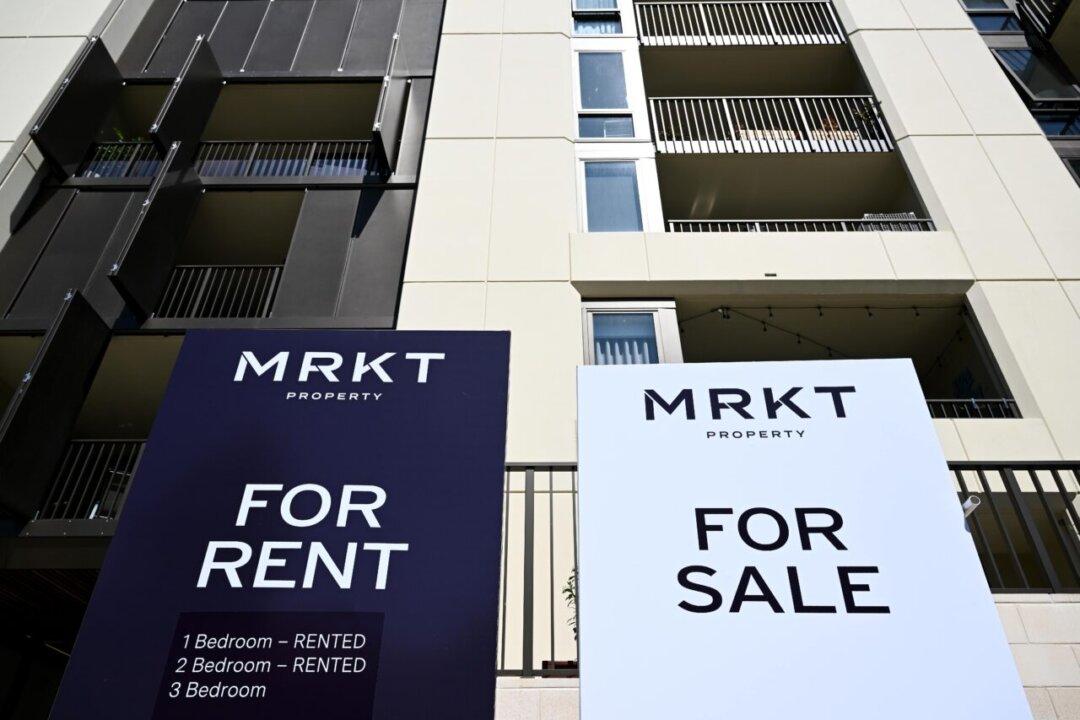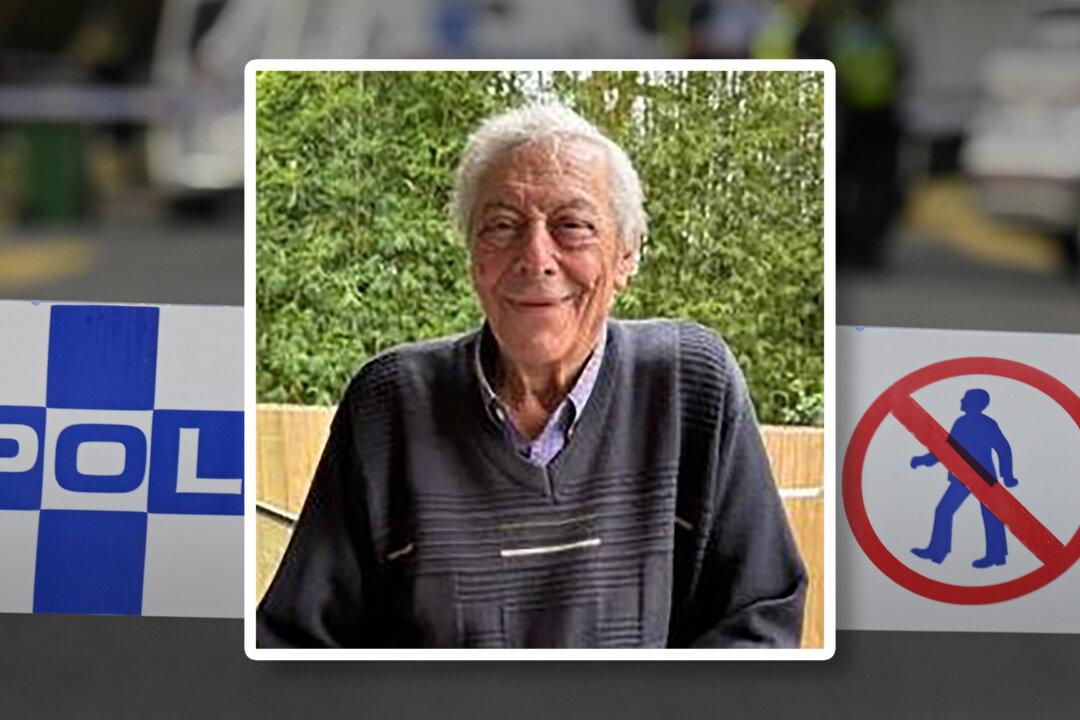The hunt for a rental got a little easier in April, but vacancy rates are still a long way from levels considered healthy as a political fight breaks out over the housing crisis.
The pressure is on to fix worsening housing affordability, with federal Opposition Leader Peter Dutton pledging to cut migration as his solution to the issue during his response to May 14th’s federal budget.





